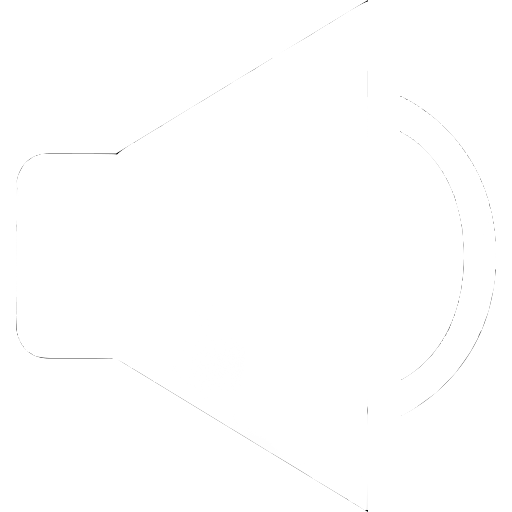Adolescence
Gina spent her life happy while she was studying in a boarding school in Germany where her grandparents lived. For different reasons, she returns to Poland and soon after the war breaks out.
War
When the invasion began she was eighteen years old, her mother had already died and she lived with her father, a coal dealer, and her brother Beno. Together, they moved to a ghetto where they lived in an apartment with eight other families. The little food they had was rescued by her brother who went to the Aryan side in search of food. Since he did not have typical Jewish features, he was less risky. However, one day they caught him. They took him to Auschwitz where he died. They received a letter where they transmitted the news to them and that for five marks they would deliver the ashes to him.
Guarantee
She knew the German and the Nazi officials found it useful to translate. She worked in an office classifying cards for the different tasks of the Jews. On several occasions, she cataloged women with better conditions than they had. After two years the Nazis noticed these irregularities and moved her to a forced labor and concentration camp.
Destinations
The field to which she was relocated was in Czechoslovakia. This was a kind of old textile factory transformed into a forced labor camp. "We were not people there, it was all very degrading." It was one of only fifteen women's camps. The worst moments that happened were in the hands of the Nazi women themselves who were in charge of their custody. The impotence of the prisoners was such that they always found small moments to reveal themselves to authority. However, after these acts came to the serious consequences and torturous punishments. She and her companions were very hungry. They only received one soup each day with four pieces of fat and if they had any luck with a potato leaf. This, plus the difficult tasks that their work entailed, made it impossible for many women to have children at the end of the war. The worst years were the last. Many times its advantage was the quick adaptation that it recognizes to have in different situations.
Release
She spent four years in that camp and was released when the Russian Army entered to save them. When she was free, her first objective was to find her father. A few days after her release, she received the news that he was annihilated in a concentration camp also in Poland, a few days before the German surrender.
A boat
In 1947 she arrived in Argentina after her relatives, residents of the country, could provide her with papers. On the ship that brought her to America, she met her husband, Ladisiano, a Hungarian survivor of the Holocaust. In Buenos Aires, she was able to rebuild her life and build the family she always dreamed of, consisting of two daughters. "Sad was everything. I was wondering about God. But I wanted to believe in something, in someone. To hold on and keep standing."


